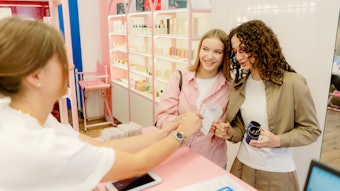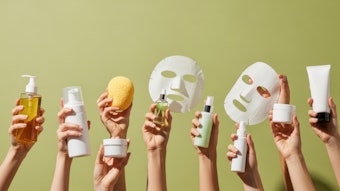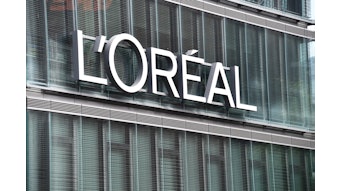With the approach of the upcoming Latin American edition of its Sustainable Cosmetics Summit in September, Organic Monitor is watching the development of sustainable trends in the region, finding the beauty industry is already often looking to lead the way here. As the dust settles on the Earth Summit (Rio +20), the organic organization saw that there is a growing realization that the private sector may have to take the lead in certain aspects of sustainable development, such as ethical sourcing and responsible consumption.
As will be shown at the Sustainable Cosmetics Summit, developments are already taking place in the cosmetics industry. Many cosmetic and ingredient firms are leading the way in ethical sourcing, and Latin America—the most biologically diverse region on the planet—is becoming a hotbed of sustainable sourcing projects that cover various environmental and social aspects.
Natura Brasil, one of the largest cosmetic companies in the region, is involved in a number of sustainable sourcing projects that promote biodiversity in the Amazon while catering to the needs of local communities. The company also leads in other areas of sustainability, such as tackling climate change; it has been carbon neutral since 2007. Recognition came this year when it was named as the second most sustainable corporation in the world.
As well as undertaking ethical sourcing projects, the second leading Brazilian cosmetic firm Grupo Boticario has set up a foundation for conservation projects. The Boticário Group Foundation protects over 11,000 hectares of Atlantic rainforest and Cerrado, two of the most endangered biomes in Brazil. The foundation also has donated over $10 million in nature reserve programs.
The rich biodiversity of Latin America is attracting large multinationals as well. Cosmetic companies like L’Oreal, Unilever and Johnson & Johnson have set up R&D centers in the region. Ingredient companies—including Symrise, Givaudan, and Laboratories Expanscience—are also involved in ethical sourcing projects. Such companies are looking for novel ingredients in the vast range of plant species in the region.
In the absence of national regulations for ethical sourcing and biodiversity—or lack of enforcement—many companies are signing up to charters. The Union for Ethical BioTrade (UEBT) is the most popular, and although the organization is based in Europe, half its trading members are from Latin America. Some members, like Beraca and Lab Favre, have been involved in preventing environmental degradation and addressing social inequality for decades. The Colombian company Lab Favre undertakes sustainable wild collection of raw materials in the Andes and Amazon, while sharing the economic benefits with indigenous tribes.
Although the private sector can take the lead in certain areas of sustainable development, a major challenge is consumer awareness. In the cosmetic industry, companies are investing considerable resources into sustainable sourcing projects; however, the message does not always come across to consumers. According to the UEBT biodiversity barometer, less than 30% of consumers look at a brand’s environmental and social values when purchasing cosmetic products. After setting industry benchmarks and adopting standards, could the private sector also be asked to educate consumers on sustainability?
The Sustainable Cosmetics Summit for Latin America will take place in São Paulo, Brazil, on September 24–26, 2012, and more information is available here.










